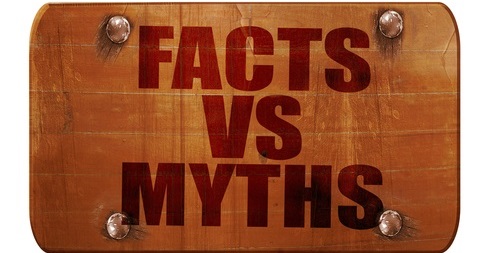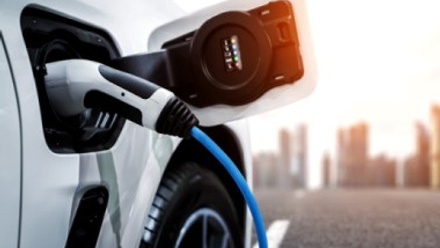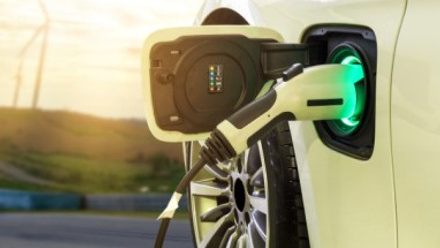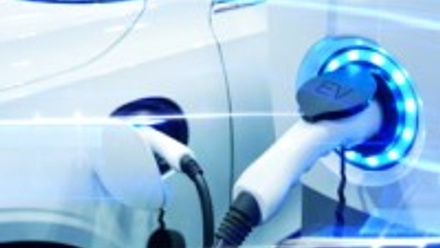Dispelling 10 myths around salary sacrifice changes for company cars

Car benefit schemes however, remain one of the most cost-effective ways of driving a brand new car, while offering an additional benefit for employers to aid with retention and motivation of employees. Employees also don't have the additional expense of insurance, road tax, servicing and breakdown cover, as they’re all included.
Furthermore, as company car schemes already attract Benefit in Kind tax, little will change for company car customers. Drivers are still able to make savings on retail pricing thanks to NI savings and manufacturer discounts, and for organisations there will still be no cost to implement and run a scheme.
Other myths and misunderstood implications of the Government changes include:
Myth #1 – ‘salary sacrifice schemes, other than those explicitly excluded, have been scrapped by the Government’
This is simply not true, as all that has changed is the tax treatment. A driver taking a car, emitting more than 75g/km CO2, will pay either the Benefit in Kind tax on the car OR the income tax on the amount of salary being sacrificed if that is the greater amount. The changes come into effect from April 6th 2017 for new agreements and existing ones are protected until April 2021. ULEVs are completely exempt from the changes.
Myth #2 – ‘prices go up for all employees’
Our own modelling show that more than half of forecasted 2017 orders would not be affected by the new rules, either because drivers will opt for a ULEV or because the drivers will already be paying more in Benefit in Kind (BiK) than the salary being sacrificed.
For the rest, over a quarter will see an average increase of just over £2.44 per month. In the approximately 11% of vehicles where there are larger increases we would expect drivers to simply opt for another car which isn't affected to anywhere near the same degree.
Myth #3 – ‘there are no longer any financial benefits for employees’
There are still huge savings to be made with NI savings, pension savings (where applicable), manufacturer discounts and corporate finance rates. However, cost savings are not the main reason that people choose to drive a brand new car through company car schemes. In a recent Tusker survey, only 3% chose the scheme because of tax savings and 77% chose their car because an all-inclusive package was better valued compared to other methods of driving a brand new car.
Myth #4 – ‘there are no longer any National Insurance savings for employees’
This is one of the biggest misconceptions. The truth is that National Insurance (NI) for employees is NOT affected by the new rules. The Government has been clear that NI savings remain for all employees.
Myth #5 – ‘it is more expensive for employers to run salary sacrifice schemes’
There are no financial costs to implement or run a Car Benefit scheme, with employers still able to make savings for each car ordered. Also, when employees choose a car on the scheme it won't cost employers any more than if they had opted for the cash.
Myth #6 – ‘salary sacrifice car schemes are no longer a great benefit for employers to offer’
Cars remain a fantastic benefit of employment and our company has seen over fifteen new schemes launch since the tax treatment was clarified in the Autumn Statement.
Myth #7 – ‘only ULEVs will be available from now on’’
The savings for ULEVs are greater under salary sacrifice under the new rules, but drivers can continue to choose from thousands of makes and models with varying savings depending on their own circumstances and the CO2 rating for the vehicle.
Myth #8 – ‘salary sacrifice will be abolished in 2021 so it’s not a long-term solution’
The 2021 date has caused confusion but this simply refers to when the rules will apply to renewals of existing schemes. The Government has always applied a ‘grandfather clause’ to tax rules in order to maintain the status quo for existing contracts.
Myth #9 – ‘all employers will stop making pension contribution savings’
Where applicable pension contribution savings remain as they are not affected by the changes.
Myth #10 – ‘renewals will be affected immediately by the new rules’
All orders with contracts signed before April 6th 2017 will be treated under current rules. Only orders, or renewals, signed after then will be treated under the new rules. SO actually, there’s no better time to order a new car.
“There were many rumours about what was going to happen to salary sacrifice before the Autumn Statement and almost all of them turned out to be completely wrong," says Tusker CEO David Hosking.
"The Government confirmed that employee car schemes can continue as a benefit of employment, and that they will be treated differently to other salary sacrifice benefits.”
With changes to other salary sacrifice products re-shaping some employer’s benefit packages, we are quietly confident that the popularity of these car schemes will continue among both employers and employees.
Hosking continues: “Now that we have all the facts about the changes we can dispel the false rumours and assist employers in offering what for most, will continue to be the highest valued employee benefit. It’s safe to say that reports of the death of salary sacrifice have been greatly exaggerated.”
This article was provided by Tusker.
In partnership with Tusker
Market leaders in salary sacrifice car schemes with more than 15 years’ experience.







